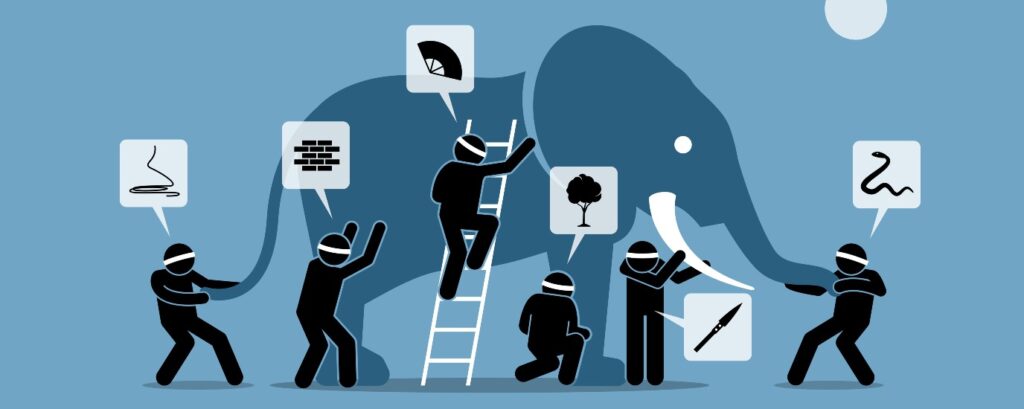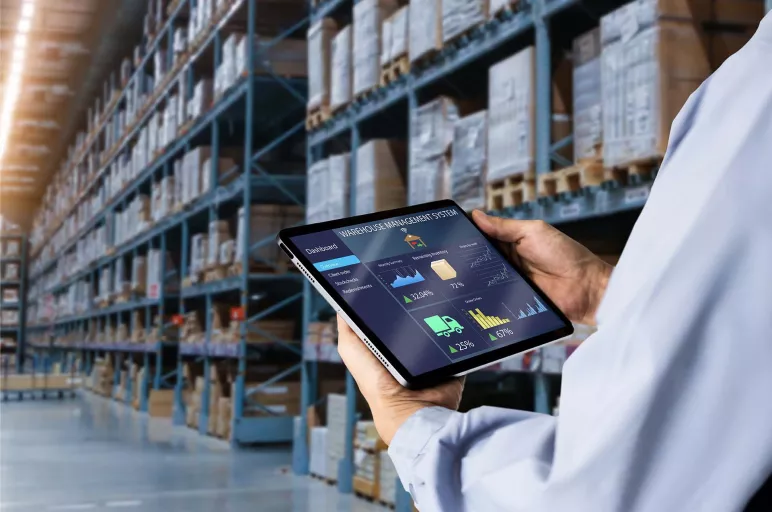Should You Look for Accuracy in Forecasting Models? Rethinking Metrics for Optimal Predictions
4 – 5 minute read
In the world of data science and predictive analytics, the pursuit of accuracy has long been seen as the holy grail. Universities and colleges teach us to fit models based on accuracy, aiming to achieve the highest level of precision in our predictions. However, as businesses evolve and the landscape of decision-making changes, the question arises: is accuracy really the right metric for choosing optimal forecasting models?
The Misconception of Accuracy
Accuracy, in its traditional sense, measures how close a predicted value is to the actual value. It’s a straightforward metric that provides a clear indication of how well a model performs on test data. For years, businesses and data scientists alike have relied on accuracy as the primary measure of success for forecasting models.
The Trap of Overfitting
However, the obsession with accuracy can sometimes lead to a trap known as overfitting. Overfitting occurs when a model is trained too closely on the training data, capturing noise and random fluctuations rather than true underlying patterns. This results in a model that performs exceptionally well on the training data but fails to generalise to new, unseen data.
The Business Perspective: Beyond Accuracy
From a business perspective, the goal of forecasting is not just to predict what will happen next based on historical data. It’s about making informed decisions that optimise revenue, minimize costs, and drive profitability. Simply predicting with high accuracy does not necessarily translate to better business outcomes.

Innovative Metrics: Revenue and Cost Optimised Forecasting
So, what should we look for in forecasting models if not just accuracy? Trusted Data suggests a shift towards innovative metrics that focus on revenue and cost optimisation. Here are a few suggestions:
1. Revenue Maximisation Score (RMS)
The RMS metric evaluates forecasting models based on their ability to predict outcomes that lead to maximum revenue generation. Instead of just predicting what will happen, the RMS metric looks at how well a model can identify opportunities for revenue growth and capitalisation.
2. Cost Minimisation Score (CMS)
On the flip side, the CMS metric assesses forecasting models based on their ability to predict outcomes that minimise costs. This metric is crucial for businesses looking to streamline operations, reduce waste, and improve efficiency.
3. Revenue:Cost ratio (RCR)
The RCR metric combines both revenue and cost considerations into a single measure. It calculates the ratio of predicted revenue to predicted costs, providing a comprehensive view of how well a forecasting model balances the two important aspects of business success.
Embracing the Complexity of Business Decisions
In the real business world, decisions are rarely based on accuracy alone. Business leaders need forecasts that not only predict the future but also guide strategic decisions towards revenue growth and cost efficiency. By shifting the focus from traditional accuracy metrics to innovative revenue and cost optimisation metrics, businesses can make more informed and profitable decisions.
Beyond Accuracy Towards Business Optimisation
In conclusion, while accuracy remains an important measure of a forecasting model’s performance, it should not be the sole determinant of its value. Trusted Data encourages businesses to embrace innovative metrics such as Revenue Maximisation Score (RMS), Cost Minimisation Score (CMS), and Revenue-Cost Ratio (RCR) to evaluate forecasting models from a holistic business perspective.
As the business landscape continues to evolve, the ability to forecast with an eye towards revenue growth and cost efficiency becomes increasingly vital. By rethinking our metrics and focusing on business optimisation, we can ensure that our forecasting models not only predict the future but also drive strategic success. So, should you look for accuracy in forecasting models? Perhaps it’s time to shift the paradigm and aim for models that optimise revenue and minimise costs for true business success.
Ready to Transform Your Business?
Take the first step towards unlocking your business’s full potential. Contact us today to explore how our data science services can propel your organisation towards new heights of success.







